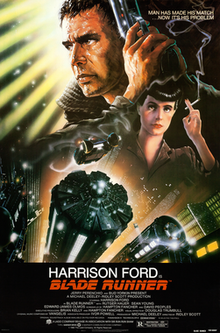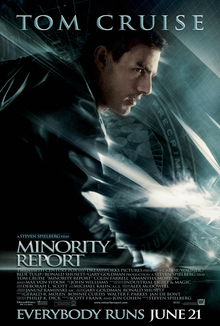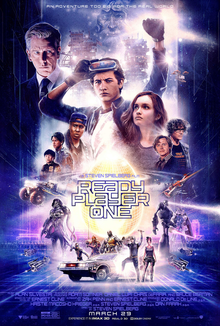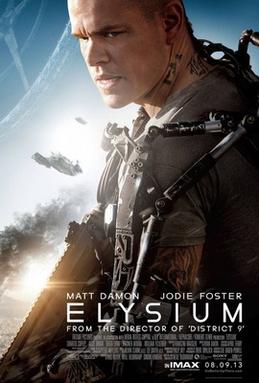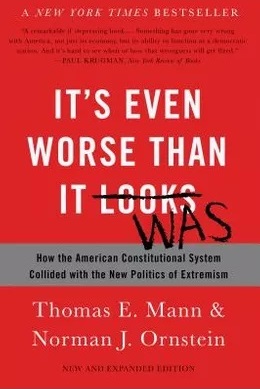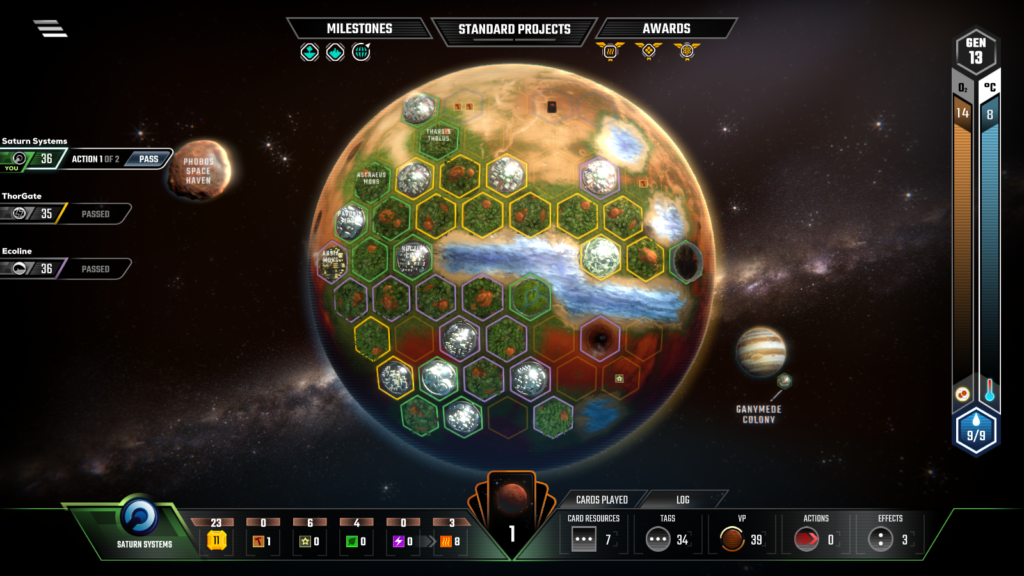What I learned in 2020
Looking back at 2020, it at once one of the most eventful and one of the least eventful years of my life (of all of our lives, I imagine). Mostly we stayed at home and did nothing. Very uneventful. But also, we experienced a once-in-a-century pandemic, and I moved in permanently with my BFF. Absolutely earth-shattering.
And then there was this insane election and this dreadful sense that we might be close to a coup of some sort and the end of democracy in the United States. I believe that danger has passed, but for awhile there I was shaken up.
This year I’ve blogged extensively about both the political divide and the pandemic. On this final day of 2020 I wanted to think a little more about the year’s lessons.
My BFF was telling me that some Trump supporters on her social media feeds have argued that total deaths this past year are actually no different than in past years. It’s not to deny the reality of Covid-19, but to say that because of the lockdowns other causes of death have been reduced (for example, vehicle-related), so it’s evened out. I guess they think this is a reason to open up the economy again, though when I think about it, wouldn’t it make sense to never reopen, even after everyone is vaccinated and Covid is no longer a threat? Then the death rate should really go down!
In all seriousness, I understand that we accept certain levels of risk in our society. There is no way to eliminate altogether the possibility of death or bodily harm. We can’t live our lives at all if we are too cautious about accepting risk. And we have schemes to mitigate risk; we all accept the dangers of automobile use, knowing that our insurance system will absorb the costs, if not guarantee our lives. Less effectively, our health insurance system does the same for medical risks.
The point that anti-shutdowners seem to be missing is that the costs associated with Covid-19 are much too high for our healthcare system to absorb. So just accepting the risk in the way we do with the dangers of automobile use is not a good option. To bolster their arguments, pandemic deniers fall back on questioning the data altogether. It must be that it’s all overblown. And I understand part of the motivation for believing this – for many people, the shutdown has been financially devastating. It is quite a quandary.
So a big lesson of the year is that we need to restore trust in our society, and to heal the political divide. It has been tough living in this time of contentious politics. And we need to reform our fragile system so that when public health demands drastic change, it isn’t quite so destructive of people’s livelihoods. It’s certainly doable, with all the wealth in our country.
And maybe we should have been practicing some of these health measures already – wearing face masks in the flu season, for example. Certainly when we ourselves are symptomatic; this is common practice in other societies.
I know its easy for me to accept the pandemic protocols, since I am a privileged stay-at-home worker. Personally, I’ve had one of the healthiest years of my life, except for a bit of a lack of exercise. Not travelling, and having the boys stay home from school has meant that I haven’t had a cold since early in the year. Usually I get sick a couple of times at least. And not commuting has been a blessing, saving both time and money. But like I said, that’s not an option for everyone.
Ok, I’m rambling. What did I learn this year? That I am very lucky. That what matters is family and loved ones. That we should enjoy life while we have it, because it is very fragile. Our whole world is fragile. Live fully in each day because time always rushes on.
